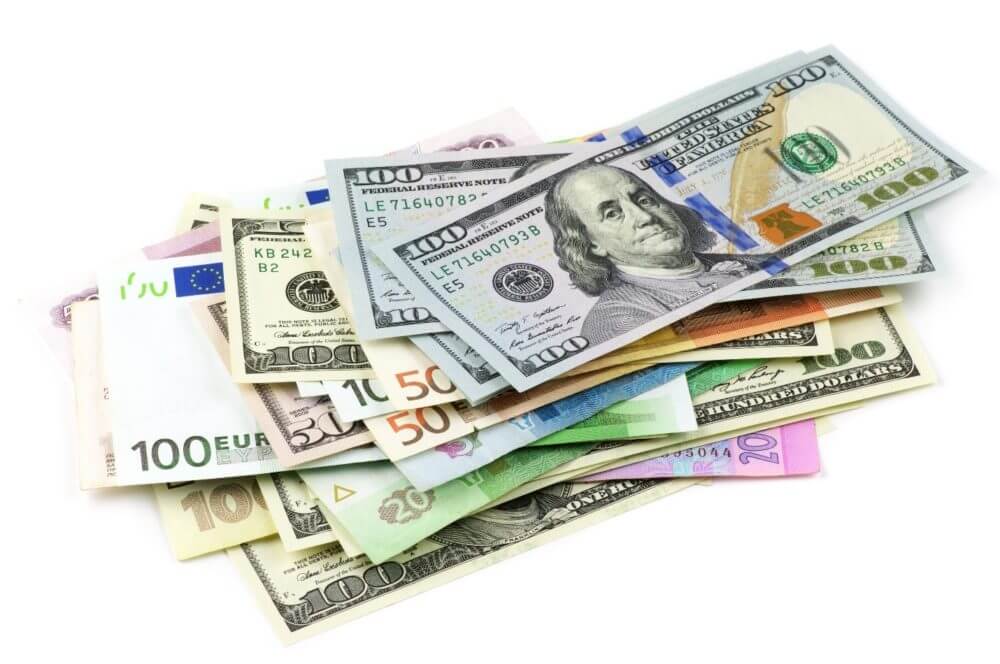On Friday, the British pound declined after five weeks of increase. Leaders on both sides of the Brexit trade talks seemed doubtful about finding a resolution.
The U.S. dollar declined to near a two and a half year low. Beliefs of a global economic recovery and a fading pandemic in 2021 saw investors taking bets on riskier currencies linked to increasing commodity prices.
Furthermore, increasing iron ore prices had boosted the Australian dollar to a 2.5-year high of $0.7542. Moreover, a nine-month peak for oil prices lifted the Canadian dollar to its record since 2018.
At 0900 GMT, the pressure was declining on the dollar. It was back up 0.2% versus a basket of major currencies, trading at 90.867 but still not far from a two and a half year low of 90.471.
Meanwhile, the euro increased to $1.2158 even after the European Central Bank extended its bond-buying scheme, given the move was widely expected. Significantly, the central bank also raised growth forecasts but lowered inflation forecasts for 2022.
Furthermore, the ECB published a new round of stimulus in line with market expectations. Hence, the euro was down 0.12% versus the dollar after Thursday’s gains. European Union leaders reached an agreement over a pandemic aid package.
British and European leaders have revealed doubts that they will be able to salvage a deal. Hence, the British sterling has declined 1.8% this week.
Additionally, the yen increased by 0.3% and settled at 103.04 per dollar. The New Zealand dollar boosted by 0.1% and touched $0.7104.
The Australian dollar increased by 7% against the dollar
Meanwhile, the Australian dollar last traded at $0.754. Over that time, it has boosted five cents, which equals 7% against the greenback.
Significantly, the Australian dollar also reached a one and a half year high of 78.58 yen and a six-month peak at $1.6083 per euro overnight. It even bounced against the yuan despite worsening trade tensions among China and Australia.
Moreover, the U.S. dollar also declined after data on Thursday. The statistics showed the number of Americans filing first-time claims for jobless benefits. The demand grew more than anticipated last week as rising coronavirus cases caused more business restrictions.
According to British Prime Minister Boris Johnson, there was a big possibility Britain and the E.U. would lose to strike a trade deal. He promised to do whatever he could to avoid a violent split in three weeks.
Bank of England Governor Andrew Bailey has announced a no-deal Brexit would cause more lasting harm to U.K.’s economy than the Coronavirus pandemic.










